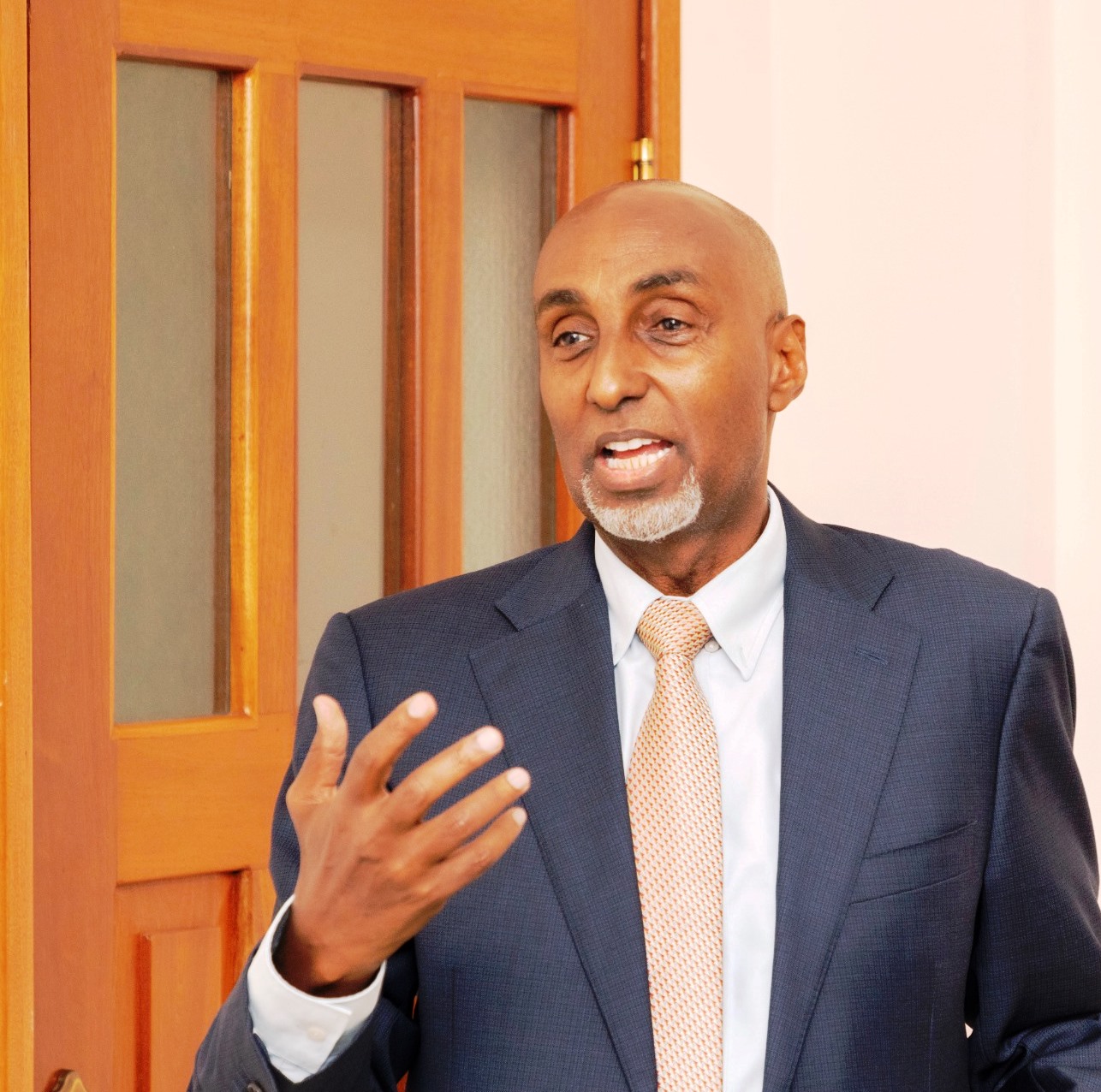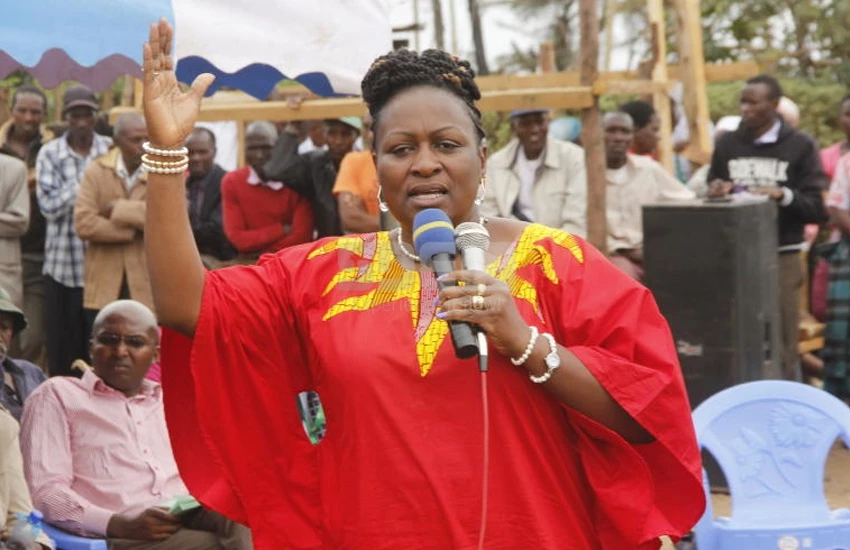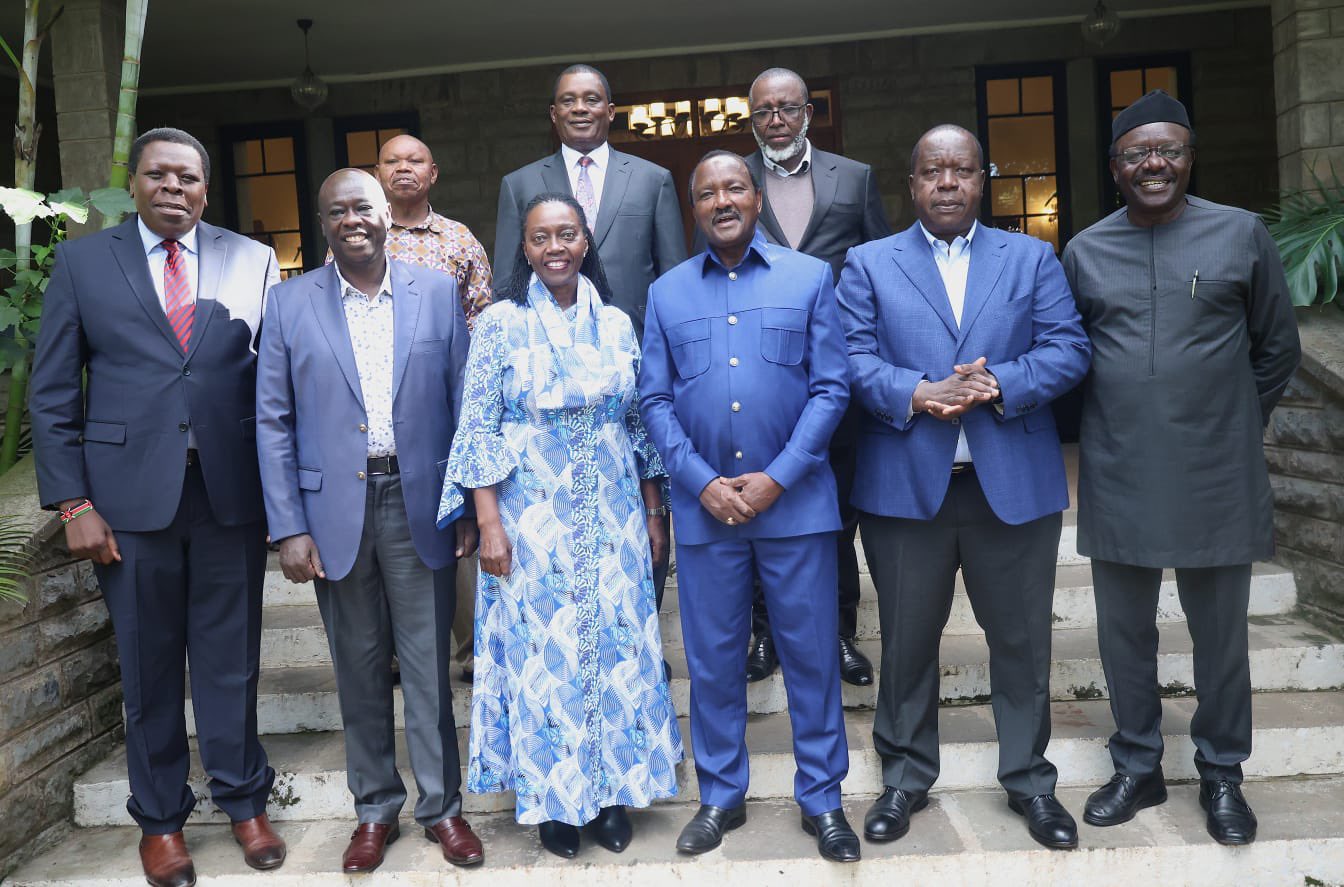The committee members also questioned whether Abdi’s appointment was politically motivated, with Kibwezi West MP Mwengi Mutuse asking, “Kenyans would like to know whether you have been given this job because you are politically aligned and will be used as a conveyor belt.” He rejected this notion, reaffirming his commitment to transparency and independence in the fight against corruption
The nominee for the position of CEO at the Ethics and Anti-Corruption Commission (EACC), Abdi Muhammud, has pointed a finger at the Office of the Director of Public Prosecutions (ODPP) for the frequent withdrawal of corruption cases in court. Mr Abdi, who is currently the deputy CEO at the anti-corruption body, appeared before the National Assembly’s Committee on Justice and Legal Affairs. He expressed concern over the loss of several high-profile cases due to what he termed insufficient follow-through by the ODPP.
Abdi told lawmakers that the evidence gathered by the EACC before a case is forwarded to court should be sufficient to ensure success. He emphasized that when a case is withdrawn, it likely indicates that the evidence, although initially deemed strong, has been mishandled or overlooked by prosecutors. “When the DPP charges someone, there is enough evidence. When a file is being withdrawn, most likely that file has sufficient evidence,” he said.
Abdi also pointed out that while the collaboration between the EACC and the ODPP is generally good, there is room for improvement. “Our relationship with the DPP is good, but it needs to be better, and that is why I will be sitting with him to see what we can do,” he added.
A key issue highlighted by Abdi was the DPP’s failure to accept the EACC’s offer to assist in prosecuting some of its own cases. He explained that the EACC had recommended that the DPP use its experienced lawyers, who had been involved in the investigations from the start, to handle the prosecution. This would ensure that the continuity of knowledge and evidence from investigation to trial was maintained. However, despite making this request, Abdi revealed that it had been declined. He called for arbitration from the committee to help resolve the matter.
“We need the arbitration of this committee to arrive at the best results because when a lawyer stays involved from the beginning of a case to the end, the results are always better,” Abdi argued. He added that the EACC has over 100 lawyers handling its cases, and if the DPP could borrow just one or two to prosecute high-profile cases, it would improve the chances of successful convictions. He cited the immense amount of evidence involved, with some cases containing over 10 to 20 boxes of material that new prosecutors may struggle to fully review.
Abdi’s comments come amid a troubling trend in recent months, where the DPP has withdrawn several high-profile cases due to insufficient evidence. Notable among these was the Ksh 7.5 billion fraud case against businessman Yagnesh Devani, which has been ongoing since 2008. Another case involved fraudulent academic certificates by Gabriel Bukachi Chapia.
During his appearance, Abdi also addressed questions about his ability to lead the EACC effectively, especially in light of calls for fresh leadership. He clarified that while his tenure in the agency has given him significant experience, he remains committed to rooting out corruption in Kenya. “I want to serve my country. I want to help reduce corruption in my country. We just have to be brave enough to deal with this issue,” he said.
In response to concerns about his potential political biases, Abdi assured MPs that he would not allow the EACC to be used for political purposes. “I am not aware at any point in my life where I have sided with anyone politically. Let me say again, I will not be used as a conveyor belt by anyone. There has never been a time I’ve been told to deviate from the facts,” he added.
Abdi, whose nomination for the EACC CEO position was approved after rigorous scrutiny, is set to succeed the current CEO, Twalib Mbarak, whose term ends in January 2025. His nomination was confirmed on November 22, 2024, after he emerged as the top choice from a pool of 172 applicants. His appointment marks the conclusion of a highly competitive selection process, with 14 candidates shortlisted.
The committee members also probed whether Abdi’s appointment was politically motivated, with Kibwezi West MP Mwengi Mutuse asking, “Kenyans would like to know whether you have been given this job because you are politically aligned and will be used as a conveyor belt.” Abdi rejected this notion, reinforcing his commitment to transparency and independence in the fight against corruption.





